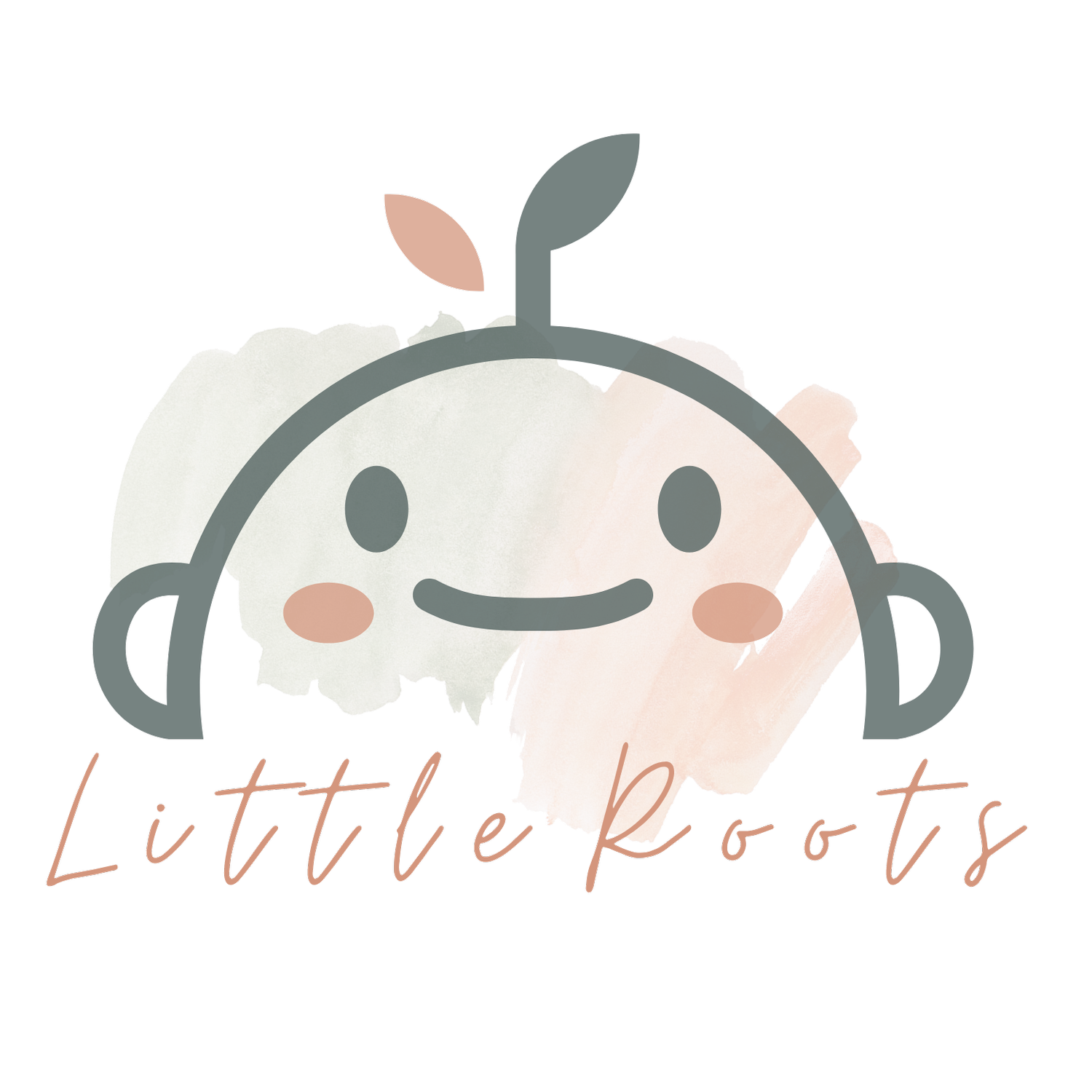INFANT
FEEDING & DEVELOPMENT
Holistic, air-way centric, whole-body, and functional approaches to support breast and bottle feeding, transition to solids, sensory health and developmental wellness.
“Carmen was so sweet, professional, patient, and informative. She helped us get closer to our goals with breastfeeding and provided amazing home visits followed by detailed emails regarding OT activities and our plan of action for our little girl. Would highly recommend to anyone needing OT for their little one!”
Parent

Feeding Support
Using a whole-body approach to address infant feeding skills, feeding therapy aims to address the various and complex factors that can impact feeding to alleviate discomfort, improve baby’s feeding skills, and improve the mealtime experience.
The therapy process includes initial and ongoing assessment of functional feeding skills, whole body movements, oral motor skills, sensory processing, reflexes, family factors, and more as well as a customized support plan to help reach your family’s goals.
EVERY BABY DESERVES THE OPPORTUNITY TO FEEL GOOD AND FEED WELL
Areas of Feeding Support
-
Comprehensive therapy to support breast/bottle feeding goals. I collaborate with your lactation provider to support baby’s innate abilities for functional feeding.
-
Support for transition to solid foods with a responsive, baby-led or modified baby led weaning approach. Your baby’s development and whole-body considerations are determined to optimize their progression with solids and to create a positive mealtime experience for all.
-
Support for learning to drink from open and straw cup as well as progressing fine and visual motor skills for independent self-feeding.
-
Breast/Bottle:
Oral dysfunction or restrictions impacting feeds
Clicking/gulping/gagging/spitting during feeds
Popping on and off bottle/breast
Pulling away at breast or bottle
Poor endurance for feeding
Leaking milk during feeds
Chomping at breast/bottle
Difficulty or painful latching
Reflux
Colic
Symptoms interfering with bonding/connection time
Poor bottle or breast acceptance
Difficulty reading baby’s hunger cues
Difficulty regulating baby during feeds
Solids:
Oral dysfunction or restrictions impacting feeds
Difficulty transitioning to solids
Difficulty with baby led weaning (BLW)
Increased gagging or coughing during or after eating
Pocketing food in cheeks
Avoids touching food
Selective eating
Stressful mealtimes
Decreased tongue movements

Developmental Wellness
Babies needs to be able to move freely to feed effectively. Occupational therapy can help to address sensory and motor difficulties through playful and gentle therapeutic programs. Your baby is strong, capable, and loved - I strive to support your baby as a whole to support your baby’s overall development and well-being.
Early support is key to optimize developmental growth and lifelong wellness!
-
Developmental activities to promote strong foundations for development as it relates to feeding
Body symmetry impacting motor development and feeding such as head tilts or turn preferences
Support to address movement compensations to restore function as it relates to feeding, sleep, and overall development
Possible signs of body tension: feels rigid or stiff, prefers feeding on one side, early rolling, can’t open mouth wide or opens unevenly, rolls to one side only, head tilts to one side, deep red creases in neck, irregular stooling, constant clenching of hands/feet, chomping during feeds, dislikes tummy time/baby carrier
-
Sensory considerations & facilitation of baby’s innate reflexes for feeding and movement
Sensory processing or regulation concerns (colic, fussy, hard to calm, poor sleep, poor tolerance to various positions such as being placed on back or belly)
Address strong sensory preferences or avoidances when transitioning to solids
Strategies for fussy babies so you can better connect and bond with baby
Read the blog.




